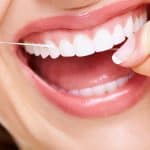
Myths About Flossing: I Only Need to Floss When I Have Food Caught in My Teeth
We have included some myths about flossing. While flossing is an effective way to remove trapped food particles from between your teeth, this isn’t the only reason to floss. Floss also removes dental plaque from between your teeth. If this plaque is left to sit between your teeth, it can make your gums inflamed and lead to tooth decay, gum disease, and even tooth loss. Floss every day, not just when food gets stuck.
Myth: I Should Stop Flossing if My Gums Bleed
Seeing blood when you floss can be a little scary, but some bleeding is totally normal. It’s definitely not a reason to give up flossing!
Bleeding during flossing can alert you to some potential problems though. Some people bleed because they’re flossing too enthusiastically. If you bleed a lot, be gentler and see whether you bleed less. You may like to get some pointers about flossing techniques from your dentist or dental hygienist. People with gum disease usually bleed more than others when they floss. Take a close look at your gum line and see whether it’s inflamed. If you think you might have gum disease, schedule an appointment with your dentist.
Myth: Flossing Makes Receding Gums Worse
There’s no truth to the myth that flossing correctly exacerbates receding gums. In fact, flossing can actually prevent gums from receding, since it cleans food particles and bacteria out from below the gum line. That makes flossing crucial for people with hereditary receding gums and gingivitis. If your gums are already receding due to periodontitis, flossing daily can help prevent further damage.
Overzealous flossing can speed up gum recession though. See your dentist or dental hygienist for advice on the best flossing technique.
Myth: I Can’t Floss Because My Teeth Are Very Tight
Flossing teeth that have little space between them can be challenging, but that doesn’t give you an excuse to skip this important oral ritual. You might need to adjust your technique. Use a seesaw motion, moving the floss backward and forward to manoeuvre it between the tight spaces between your teeth.
Certain flosses are also easier to use when your teeth are right. Try waxed floss or floss made from a substance called polytetrafluoroethylene if you struggle to use regular floss on your tight teeth. These flosses have slippery surfaces that can slide between tight spaces more easily. Some dental flosses are also thinner than others, and thus better for people with teeth close together.
Myth: I Shouldn’t Floss Because I Have Braces
Braces can certainly make flossing challenging. But failing to floss for the months or years that you have braces is a bad idea. Just imagine how much food and bacteria will be stuck between your teeth by the time you get your braces off! There’s no point straightening your teeth if they’re not healthy when your braces are removed. If you find flossing with braces difficult, your dentist, dental hygienist, or orthodontist can help you perfect your technique.
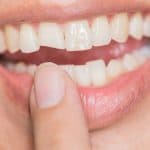





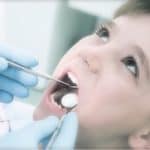
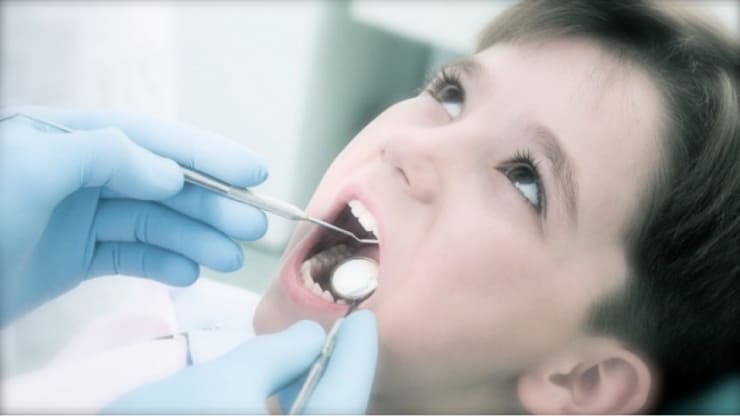
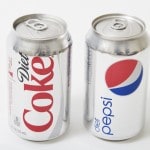

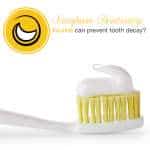
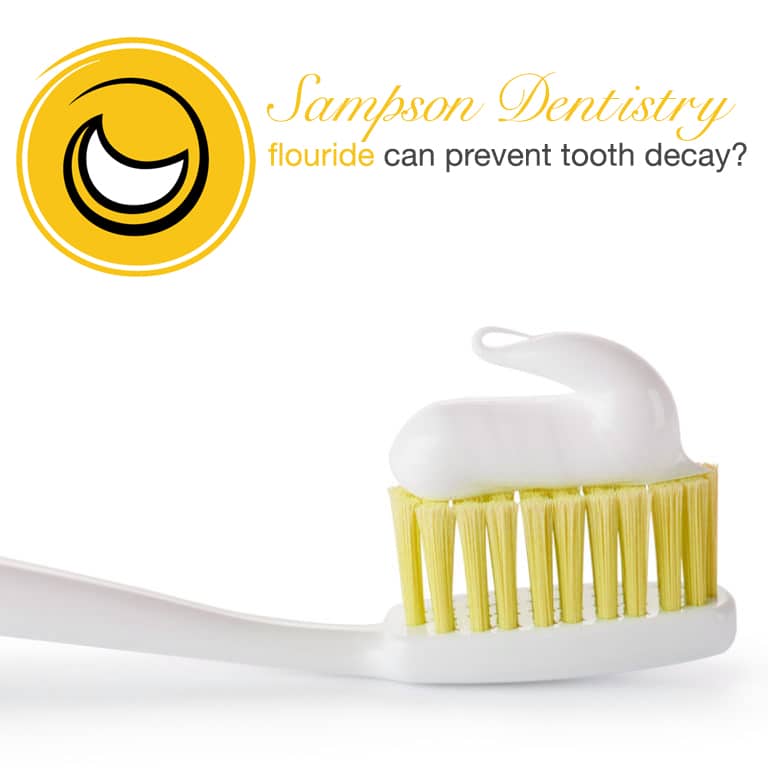 Before deciding on whether to start using fluoride toothpaste, you should understand how much fluoride your child is already getting. Do you have it in your drinking water? If you don’t know the answer to that question, a water test or call to your local water authority can help you find it.
Before deciding on whether to start using fluoride toothpaste, you should understand how much fluoride your child is already getting. Do you have it in your drinking water? If you don’t know the answer to that question, a water test or call to your local water authority can help you find it.